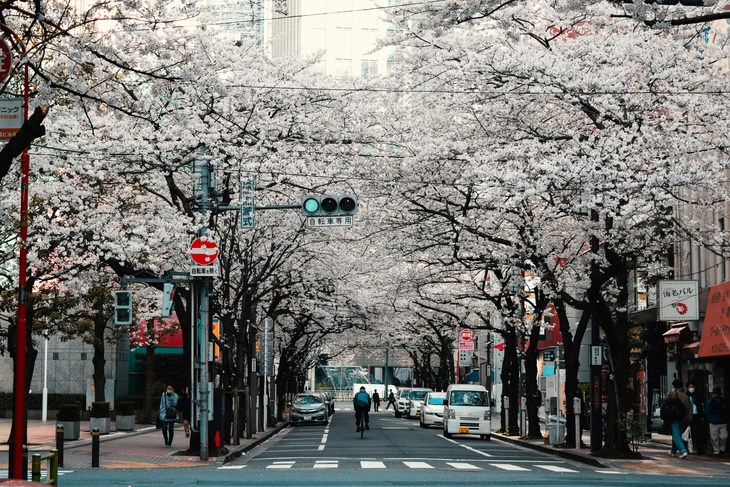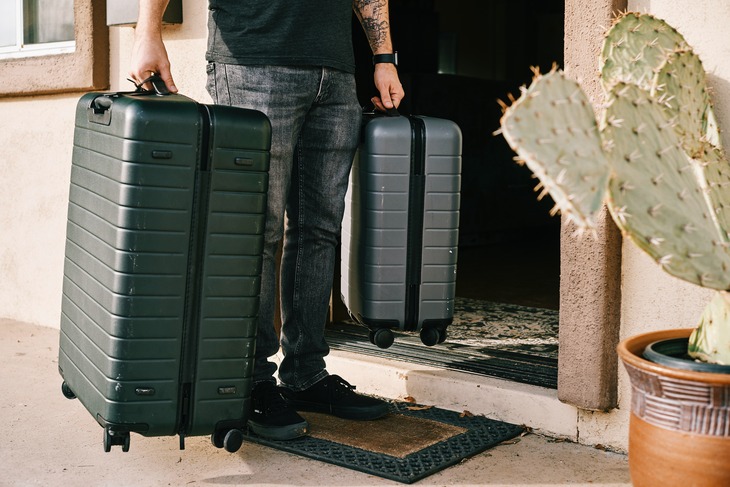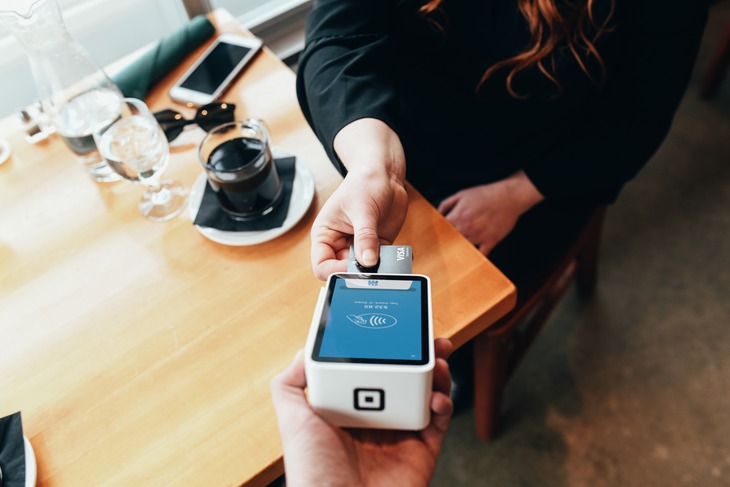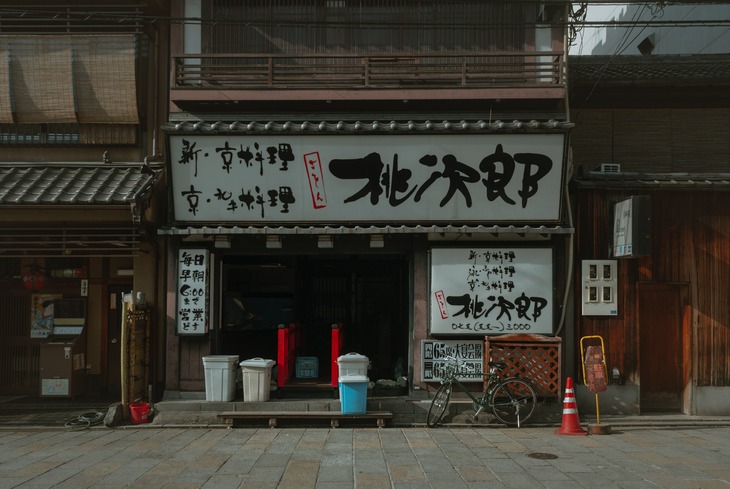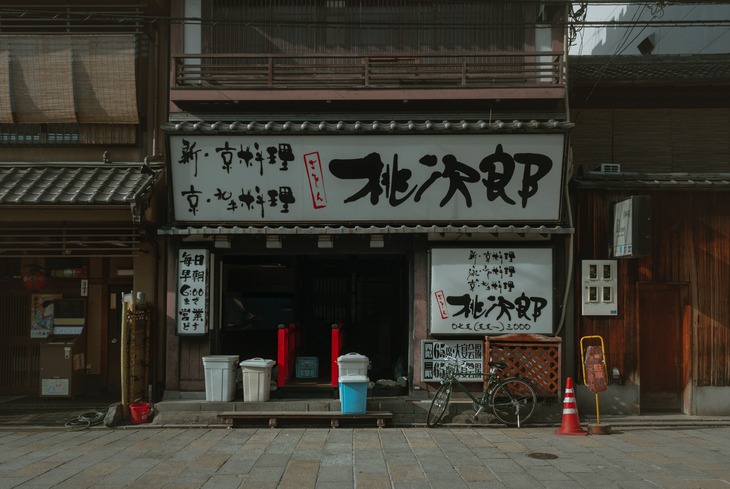Moving to Japan This Spring? Here's What You Need to Know!
In Japan, spring is a time of new beginnings for people of all ages. In April students start the new school year, and recent graduates begin the next stage of their lives by starting new jobs and becoming part of Japan's workforce. Many people already in the workforce are transferred to new branches to work, and some people simply decide to take up a new hobby as spring arrives. Since many of these people have to move to new cities for work or school before April, March is by far the busiest moving period in Japan.
If you're planning to move to Japan to study or work, chances are your new life in this country is also starting in April. That means that you'll need to do a lot of preparation between now and then in order to make the big move to Japan in March. And once you get here you'll then have to deal with all of the challenges and changes that come with moving to a new country. If you aren't prepared with the knowledge of how to move to Japan and what to do once you arrive here, it's easy to become overwhelmed.
But don't worry! To help you navigate everything from planning your move and how to choose a moving company to how to get a credit card here, we've put together a list of articles and information that will arm you with the knowledge you need to make it to Japan and settle in as smoothly as possible.
What To Do Once You've Decided to Move to Japan
If you've already found a job or study program in Japan and just need to figure out the details of moving here, then start with this article! We cover:
・A detailed timeline to help you understand when and how you should start preparing for your move to Japan
・How to find a moving company that is the right fit to help you move to Japan
・Crucial tasks you need to take care of once you arrive in Japan
・How to greet your new neighbors and other aspects of moving culture in Japan
This article will help you prepare for the move to Japan and make sure that as soon as you arrive you know what you need to take care of so that the start of your new life in Japan is as smooth as can be.
All About Learning Japanese
You may already be studying Japanese, or you might be putting off studying the language because it seems too difficult to learn. You may even be wondering if you even need Japanese to live in Japan, especially if you are planning on moving to a big city like Tokyo. This article will answer many of the questions you have surrounding learning Japanese before moving to the country, including:
・Whether you truly need to learn Japanese to live in Japan
・Why Japanese is considered by many to be difficult to learn
・Why you should seriously consider taking Japanese lessons before and after you arrive in Japan
How to Obtain a Credit Card in Japan
It can be challenging to get a credit card in Japan as an expat, even if you speak or understand some Japanese. That's why we've put together this article that covers what you need to know about getting a credit card in Japan, including:
・What you need to apply for a credit card
・The best credit cards for foreigners in Japan
・Debit card options if you don't want to commit to a credit card
Having a credit or debit card can be invaluable in Japan, especially as cashless payments become more and more common in the country.
How to Take Out the Trash in Japan
Garbage disposal rules can be remarkably confusing in Japan since every municipality has its own rules for how garbage needs to be sorted and disposed of. That's why we've put together this article to explain:
・The different classifications of trash in Japan
・How to sort your trash
・How to find your town's garbage disposal schedule
It can be stressful to put out your trash in the morning only to see that it wasn't picked up because you sorted it incorrectly. This article will help you avoid any mistakes so that as you are settling into life in Japan you don't have to deal with an added layer of stress just because of garbage.
What to Do in an Emergency
While Japan is a safe country in terms of public safety, the reality is that the country is hit by natural disasters like typhoons and earthquakes frequently. And though Japan does have less crime than many other countries, that doesn't mean crimes never happen here. In the case of an emergency, it's important to know who to call.
Here are the emergency contact numbers for a range of services that can assist you in the event of a crime, medical emergency, or natural disaster.
・Police: 110
This number is specifically for the police. Call this number as soon as possible in the event of a crime or an accident.
・Ambulance & Fire Department 119
This is the number to call for medical emergencies and fires. If you need an ambulance or there is a fire, make sure to call this number right away.
・Natural Disasters: 171
This is a number you can call in the event of a natural disaster to record or listen to messages in order to confirm the safety of family and friends in the event of a large-scale disaster. When you dial the number, listen and follow the instructions to listen to and record messages.
Good Luck with the Move!
Moving, let alone moving to a different country, is never easy. But with all of this information readily available to you, hopefully, your move will be painless and you'll be able to settle into life in Japan without too many hiccups.
Good luck and make the most of your new life in Japan this spring!














